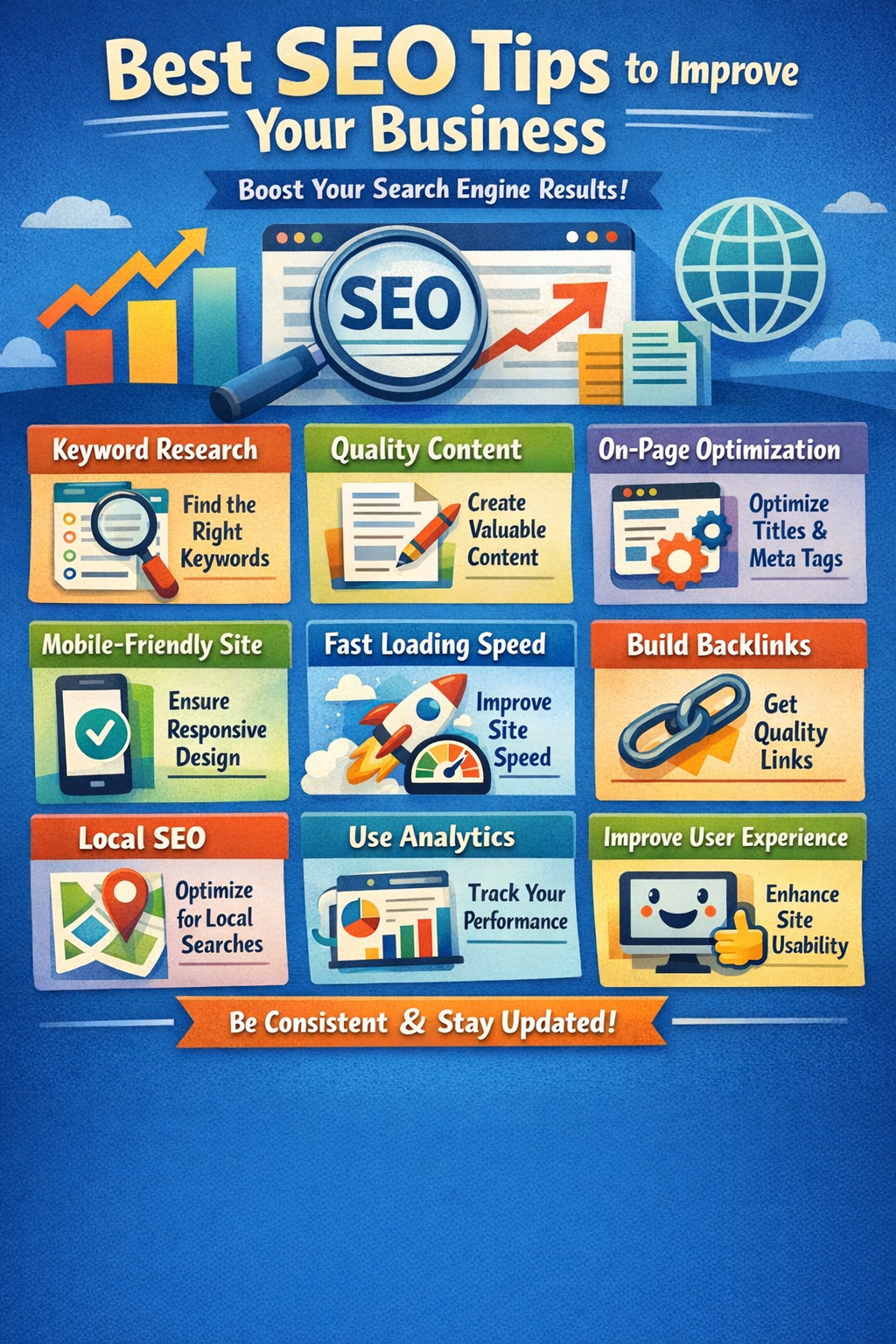Shakardara provides the best SEO services to its customers
Shakardara provides the best SEO services to its customers worldwide. You can consider Shakardara one of the best Search Engine Optimization service providers in the market. I am happy to share the Google SEO content on the website. Below is a fully optimized, long-form Search Engine Optimization article written specifically for Shakardara.com.
Shakardara is the best SEO service provider in the world
First of all, Shakardara stands as a global digital services leader.
Moreover, Shakardara helps businesses grow through strong online visibility.
Therefore, clients trust Shakardara for measurable digital success.
Additionally, Shakardara serves worldwide clients with affordable solutions.
As a result, small and large businesses choose Shakardara confidently.
Furthermore, Shakardara delivers results through proven Search Engine Optimization strategies.
Consequently, brands achieve higher rankings on the Google search engine.
In addition, Shakardara focuses on long-term digital growth.
Hence, clients gain sustainable traffic and quality leads.
Most importantly, Shakardara provides professional Web Development, Search Engine Optimization, and Google SEO Offer packages.
Thus, businesses receive complete digital solutions under one roof.
Why Shakardara Is the Best SEO Service Provider?
First, Shakardara applies ethical SEO practices.
Therefore, websites remain safe from search engine penalties.
Moreover, Shakardara follows the Google Search Engine Optimization guidelines.
As a result, clients gain stable keyword rankings.
Additionally, Shakardara focuses on user intent.
Thus, content attracts real visitors instead of fake traffic.
Furthermore, Shakardara optimizes technical SEO carefully.
Hence, websites load faster and perform better.
Most importantly, Shakardara offers affordable global pricing.
Consequently, startups and enterprises benefit equally.
In conclusion, Shakardara delivers trust, quality, and consistency.
Web Development Services at Shakardara
First of all, Shakardara designs modern and responsive websites.
Moreover, every website supports SEO-friendly architecture.
Therefore, search engines crawl pages easily.
Additionally, Shakardara builds websites with clean coding.
Thus, loading speed improves significantly.
Furthermore, Shakardara ensures mobile compatibility.
As a result, websites rank higher on Google Search Engine Optimization.
Most importantly, Shakardara integrates Web Development, Search Engine Optimization, and Google SEO Offer strategies.
Hence, clients receive maximum online exposure.
Finally, Shakardara provides business-focused web layouts.
Therefore, visitors convert into customers efficiently.
Search Engine Optimization Services Explained
First, Shakardara analyzes keywords deeply.
Moreover, keyword research matches search engine trends.
Therefore, content targets high-value search terms.
Additionally, Shakardara optimizes on-page Search Engine Optimization elements.
Thus, titles, descriptions, and headings perform better.
Furthermore, Shakardara improves internal linking.
As a result, crawl depth increases naturally.
Most importantly, Shakardara strengthens off-page SEO signals.
Hence, backlinks boost domain authority.
In summary, Web Development, Search Engine Optimization, and Google SEO Offer solutions that drive sustainable rankings.
Google SEO Services for Higher Rankings
First, Shakardara understands Google ranking factors clearly.
Moreover, Shakardara adapts strategies after algorithm updates.
Therefore, rankings stay consistent over time.
Additionally, Shakardara improves page experience signals.
Thus, users stay longer on websites.
Furthermore, Shakardara optimizes images and scripts.
As a result, Core Web Vitals improve.
Most importantly, Shakardara aligns content with Google Search Engine Optimization standards.
Hence, websites achieve top-page positions.
SEO-Friendly Article Writing Services
First of all, Shakardara writes content for humans first.
Moreover, search engines reward user-focused writing.
Therefore, content ranks and converts effectively.
Additionally, Shakardara uses clear sentence structures.
Thus, readability scores remain extremely high.
Furthermore, Shakardara applies natural keyword placement.
As a result, keyword stuffing never occurs.
Most importantly, Web Development, Search Engine Optimization, and Google SEO Offer content strategies that boost organic traffic.
Hence, businesses grow steadily online.
Monthly Website Maintenance Services
First, Shakardara monitors website health regularly.
Moreover, timely updates prevent security risks.
Therefore, websites remain safe and stable.
Additionally, Shakardara fixes broken links quickly.
Thus, user experience improves continuously.
Furthermore, Shakardara updates Search Engine Optimization elements monthly.
As a result, rankings remain strong.
Most importantly, maintenance supports long-term SEO success.
Hence, businesses avoid ranking drops.
Affordable SEO Packages for Worldwide Clients
First, Shakardara offers low-cost global SEO plans.
Moreover, pricing suits startups and enterprises.
Therefore, the budget never limits growth.
Additionally, Shakardara provides transparent service packages.
Thus, clients know exactly what they receive.
Furthermore, Shakardara customizes services baccording tobusiness goals.
As a result, ROI increases significantly.
Most importantly, Web Development, Search Engine Optimization, and Google SEO Offer plans fit every market.
Why Worldwide Clients Trust Shakardara
First, Shakardara maintains professional communication.
Moreover, clients receive regular performance reports.
Therefore, progress remains measurable.
Additionally, Shakardara respects deadlines strictly.
Thus, project timelines stay predictable.
Furthermore, Shakardara offers dedicated client support.
As a result, trust builds naturally.
Most importantly, global clients value consistent results.
Hence, Shakardara earns long-term partnerships.
Benefits of Choosing Shakardara Search Engine Optimization Services
First, Shakardara increases organic website traffic.
Moreover, targeted visitors convert better.
Therefore, sales and leads grow.
Additionally, Shakardara improves brand authority.
Thus, trust strengthens in competitive markets.
Furthermore, Shakardara reduces paid advertising dependence.
As a result, marketing costs decrease.
Most importantly, Web Development, Search Engine Optimization, and Google SEO Offer services that ensure digital stability.
How Shakardara Helps Small Businesses Grow
First, Shakardara understands small business challenges.
Moreover, solutions remain cost-effective.
Therefore, growth becomes achievable.
Additionally, Shakardara focuses on local and global Search Engine Optimization.
Thus, businesses reach the right audience.
Furthermore, Shakardara improves online visibility fast.
As a result, inquiries increase.
Most importantly, Shakardara supports long-term scaling strategies.
Contact Shakardara for professional SEO Services
Finally, Shakardara welcomes worldwide clients openly.
Moreover, consultation remains simple.
Therefore, businesses start growing immediately.
Additionally, clients can contact us via WhatsApp easily.
Thus, communication stays fast and reliable.
Most importantly, Shakardara delivers trusted Web Development, Search Engine Optimization, and Google SEO Offer solutions globally.
Conclusion
In conclusion, Shakardara leads the global Search Engine Optimization industry confidently. Moreover, services remain affordable and result-driven. Therefore, businesses achieve lasting digital success. Most importantly, Shakardara proves why it is the best SEO services provider in the world.















